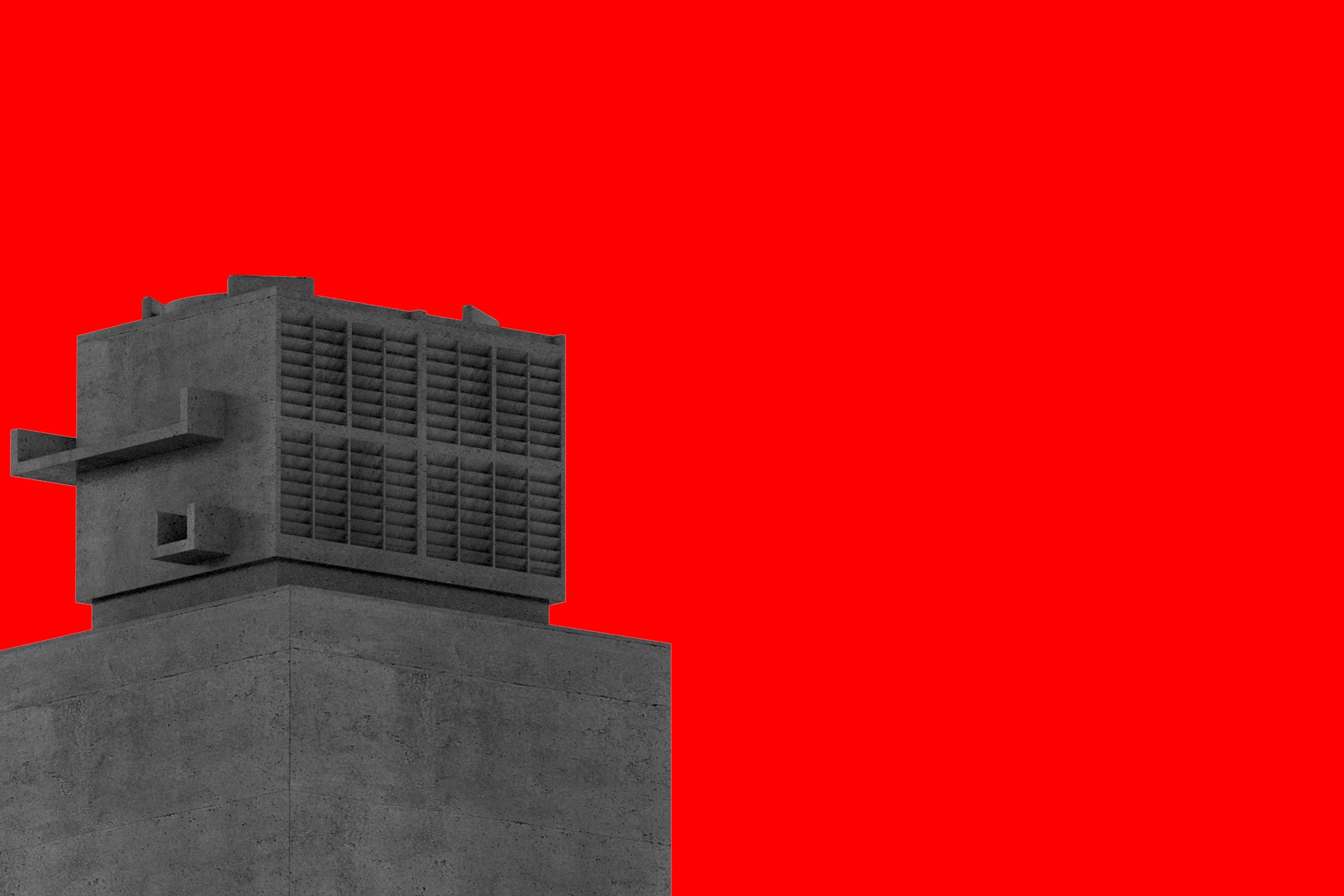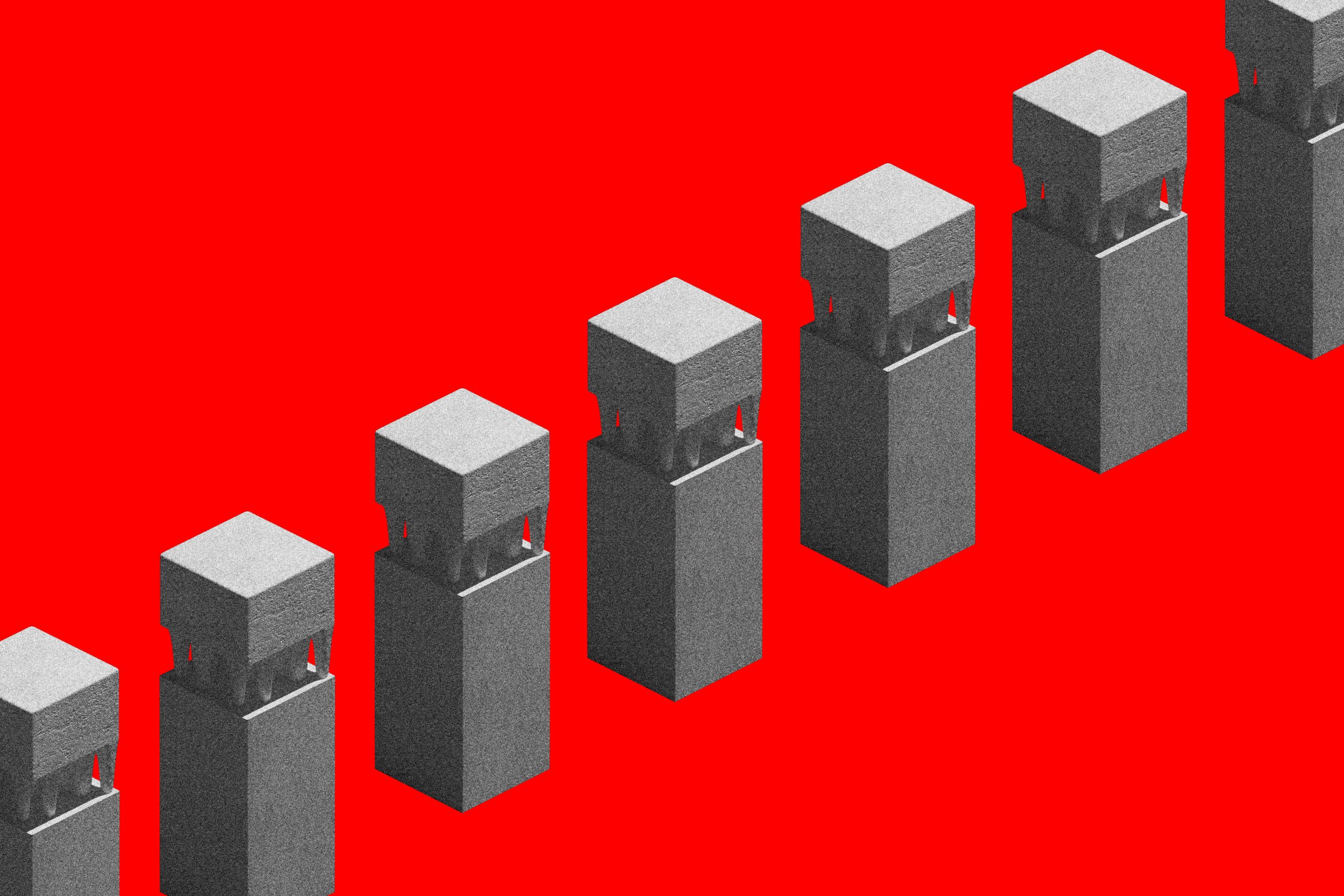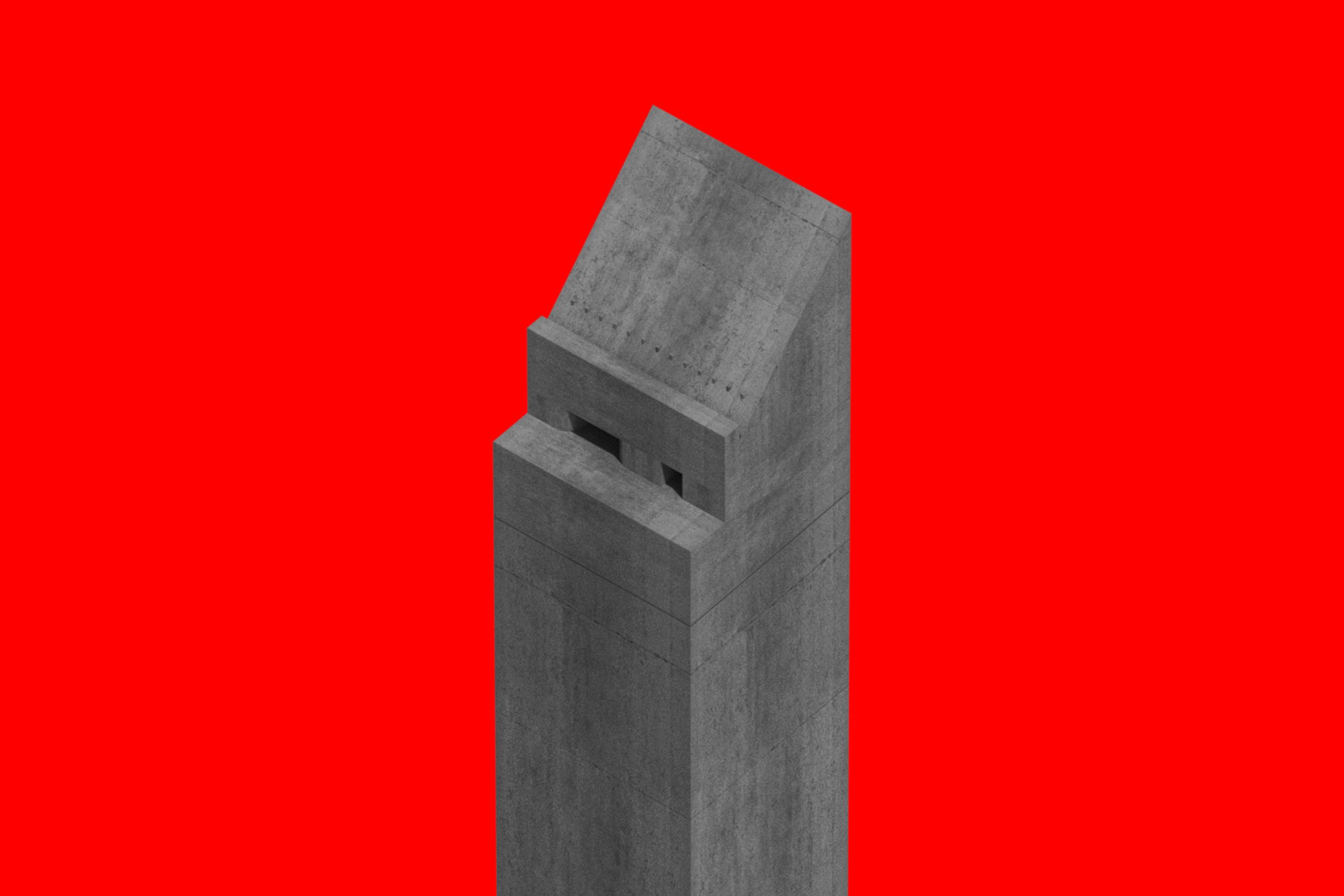Data Tactics, Information Control, and Colonization Strategies in the Data Center Technocene
Eduardo Cilleruelo Terán
Design Teaching Fellow, Dept of Architecture, Cornell AAP
March 11-22, 2024
Bibliowicz Family Gallery, Milstein Hall
Biography
Eduardo Cilleruelo Terán is a New York/Madrid-based architect, researcher, and educator. He holds the position of Design Teaching Fellow at the College of Architecture, Art, and Planning at Cornell University. As part of his research and practice, he has been committed to the analysis of infrastructural relationships under the canopy of data management and its consequences in the architectural realm. Recently, he was awarded the Prize of Excellence (Space Group, Seoul, Fall 2022) for his studies of data civicness and urban possibilities in vertical public connectors in New York City. In collaboration with Associate Professor Jesse LeCavalier, he co-curated a public exhibition and symposium, Data Clouds, in Berlin (June 2023) addressing the domains of technology intersecting with architectural typologies. In 2023, he received a Cornell Council for the Arts grant, presenting the exhibition Data Tactics, Information Control, and Colonization Strategies in the Data Center Technocene at Cornell University, Spring 2024.
Exhibit
The prospect of reverting to a non-digital scenario remains uncertain. The new millennium’s technological revolution brought an opportunity to construct our digital personas without the need to question permanence, and consequently, over this short time, society’s reliance on data management today equals its dependence on fire before the industrial revolution. Data centers have emerged as contemporary hubs, where communication technology assumes a ubiquitous ‘deity’ role in our Technocene world—Herminio Martins (The Technocene Reflections on Bodies, Minds, and Markets, 2018) addressed the definition of Technocene as a proposed revision to the Anthropocene. Martins delves into this perspective with two main ideas: the increasing disparities brought about by emerging technologies, and the adaptation of our social institutions to accommodate the dominance of the growing technology industry in our society.
While, since their historical origins, human settlements have been designed around resource and goods-sharing, data centers force a reconsideration of the traditional understandings of land, energy, and labor. In previous eras, user-centricity was a common vision in manufactured processes, industrial implementations, and the early digital age. However, in the era of information control, data centers are now the custodians of our digital twins, administering the boundaries of our expression, and orchestrating a global surveillance system with an escalating reliance on non-human entities. Popular culture perceives them as technological vessels with limited accessibility, operating as zones of exclusion, emphasizing security and common interests with no public disclosure.
An unprecedented paradigm shift is being witnessed: racks and servers dominate the apex of the consumption pyramid; we are no longer the key drivers of our technological momentum.
Data Tactics, Information Control and Colonization Strategies in the Data Center Technocene explores actions and protocols shaping the crucial infrastructure of our time. Through the matching of nine operating strategies (camouflage, extract, infiltrate, occupy, hide, inhabit, fortify, parasite, switch) with architectural models, the exhibition prompts reflection on the architectural scales and protocols, defining colonial implementations where the building leaves its definition to: acquire a radical infrastructural meaning, operate as a political subject, acquire resources and administrate territory.
The exhibit questions nine existing case studies where the capacity of the data center is hidden through a larger infrastructural development. As part of the Cornell Council for the Arts Freedom of Expression Exhibition at Cornell AAP, the exhibit invites our community to step in and breakthrough into the relics of information-control infrastructure.
Director, Curator: Design Teaching Fellow, Eduardo Cilleruelo Terán
Exhibition Research and Editorial Design: Frank LaPuma (M.Arch. ’25), Ipek Temizkan (M.S. AAD ’24)
Model Curation and Production: Valeria Vilanova (B.Arch. ’24), Veronica Paulon (M.Arch. ’24)
Exhibition Design and Coordination: Juan Agustin Rivera (M.S. AAD ’24)
Funded by Cornell Council for the Arts and the Department of Architecture at the College of Architecture, Art, and Planning (AAP). Material production and pre-installation at Shop Facilities, Rand Hall (AAP), Ithaca, N.Y. With the support of Milton S. F. Curry, Professor of Architecture, Senior Associate Dean for Strategic Initiatives and Engagement in AAP, and Exhibitions Coordinator, Tina DuBois, and the College of Architecture, Art, and Planning.


